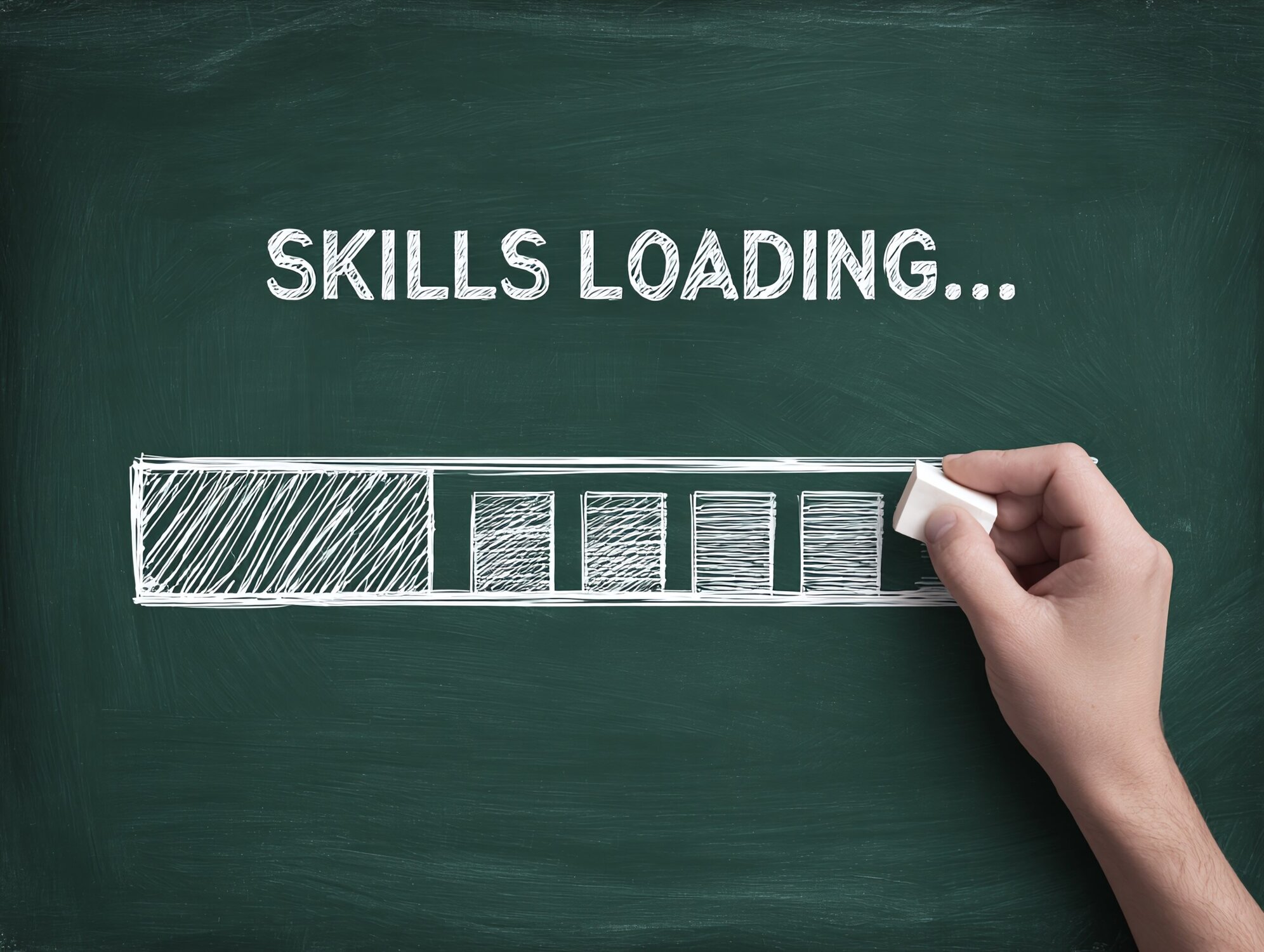Today is World Mental Health Day, and this year charity Mental Health UK is focusing on workplace stress and burnout, and calling on everyone to take shared responsibility for workplace mental health.
As we’ve highlighted on Mind the Product many times, burnout is all too common among the product community. A product manager’s job is stressful, with lots of context switching making for a heavy mental load. And with so much emphasis on stakeholder management, a product manager can feel like they’re saying no and disappointing everyone all the time. A number of distinguished product professionals have talked candidly about their struggles with burnout to Mind the Product – watch this 2021 talk from Dominique Jost, Head of Product at Doist, for example, on how his experience of burnout, or read this interview with digital transformation consultant Lucia Adams, in which she lays out how she came to recognise she had burnt out.
Remember that burnout is now recognised as an occupational phenomenon, and there’s no shame in admitting to it. People are more willing to talk about their mental health since the pandemic, and businesses are becoming more open to helping staff with mental health struggles. Here’s a summary of the best advice on avoiding and dealing with burnout.
1. Set clear boundaries
Make sure you establish clear working hours and make time for a personal life. Try not to work late or to be always available. Make sure you’re not always tied to a phone or laptop and try to get enough sleep
2. Prioritise and delegate
Focus on high-impact tasks and resist the temptation to try and do everything yourself. Trust your team to execute. Make use of productivity tools to streamline your workflow.
3. Open communication
Make sure you communicate regularly with stakeholders – define expectations and let them know about missteps and changes. Say no when you need to, but explain why. Ask for support from line managers and HR if you feel overwhelmed
4. Self care
It’s not for everyone, but introducing mindfulness practices like meditation or deep breathing exercises into your daily routine can help to reduce stress and maintain focus. Regular, short breaks can help to alleviate mental fatigue. The Pomodoro technique for example, (25 minutes work, 5 minutes break) is a useful time management method that can help you work in short bursts and increase your productivity. Incorporate some physical exercise into your daily routine.
5. Realistic goals
Make sure your timelines are realistic and your goals aren’t too ambitious. Be mindful of your team’s capacity when planning sprints or product releases. Break larger goals into achievable milestones and celebrate small wins.
6. Enlist peer support
Other product managers can help you. Talking to peers can help to normalise some of the pressures you might feel and they might also offer some practical solutions. Networking and attending meetups and conferences can also help you to feel more in control of your role and you’ll be energised by learning new skills and gaining new perspectives.
7. Build a resilient mindset
Failure is part of product management, so embrace it and try always to learn from it. Adopting a growth mindset can help shift focus from immediate results to long-term learning, so that stressful situations can become opportunities rather than overwhelming challenges.
8. Workplace culture
Toxic workplace culture can be a big contributor to burnout. Take a dispassionate look at your work environment – if you feel it’s inherently toxic or overly demanding, then perhaps you need to reassess your role.
9. Personal creativity
Hobbies, passions and creative expression outside work will give you a mental break and allow you to recharge.
10. Don’t be shy of seeking professional help
Many companies offer mental health support services or employee assistance programmes that provide counselling and support for managing work stress. Therapy or counselling can provide strategies to help you to cope with work-related pressure.
Remember that taking care of your mental health not only benefits you as an individual but also leads to more effective decision-making, creativity, and long-term success in the role.
Further reading
Mental health as a product person – let’s talk







